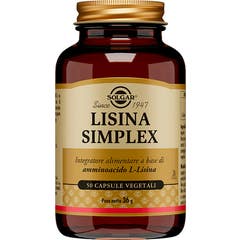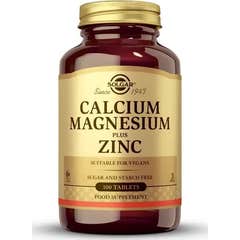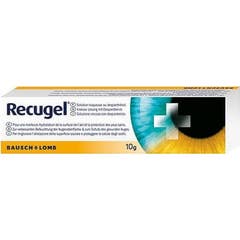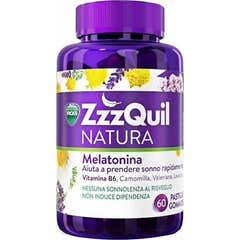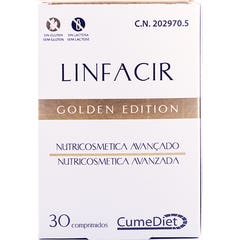Dietary supplement that helps to tone and thicken the epidermis, hair and nails. It also favors the reconstruction of joints, bones and strengthens the arterial system. It is also an ally to prevent high blood pressure, such as inflammation and degeneration of bones and joints.
Cumedie Colagen Plus Golden Edition 30Sb 50g
Helps strengthen bones and joints
50 g
Shipping in 24-72h
Description
Instructions for use
Take 1 sachet a day on an empty stomach, dissolved in 150ml of water.
Composition
L-Glycine, Peptan (Hydrolysed Marine Collagen), L-Lysine HCI, Cherry Flavor, L-Valine, L-Proline, Maltodextrin, Acidity Corrector (Citric Acid), Magnesium Carbonate, Coloring (Beet Red), Vitamin C, Alpha Lipoic Acid, Red Vine Dry Extract, Bamboo Dry Extract, Sodium Hyalurate, Polygonum Dry Extract, Sweetener, Vitamin B6 and Sodium Selenite.
Price per 100 G
Pharmaceutical Advice
Vitamin B6, also known as pyridoxine, is a water-soluble vitamin needed to form neurotransmitters (nervous system messengers) and adrenal hormones. It is also involved in the proper functioning of the immune system.
Like other B vitamins, it contributes to normal energy metabolism. Its presence in the diet is necessary for normal brain development during pregnancy and childhood. It is therefore involved in proper nervous system function. It is also involved in protein and glycogen formation in the body, as well as red blood cells, which are essential to transport oxygen to cells and tissues. It reduces tiredness and fatigue.
Like the other B vitamins, it is water-soluble, which means that our body cannot store it in large quantities. How can we obtain it? The answer lies in diet, which must be varied and balanced. Foods such as fish (tuna and salmon), meat and eggs, nuts (walnuts), pulses (chickpeas), unrefined cereals and fruit such as bananas provide significant amounts of vitamin B6. If more vitamin B6 is needed, it can be found in dietary supplements with other B vitamins or other ingredients. It is advisable to get advice from a healthcare professional before taking any supplement.
Safety and product information
Safety visual aids
At this time we do not have safety images for this product, but we are working on it. We encourage you to check back later for updates. In the meantime, we recommend that you read the safety information that comes with the product before using it. If you have any questions about safety, please do not hesitate to contact us. Also, if you wish, you can also return the product by following our terms and conditions.
Manufacturer details
Manufacturing data details relevant information from the product manufacturer.
Cumediet
Centro de Distribución Avd. Las Palmeras, 53 Finca España 38205 San Cristóbal de La Laguna Tenerife, España
redes@cumediet.com
https://www.cumediet.com/
RELATED SEARCHES ABOUT Facial
New in Firmness
- Drasanvi Collmar Colágeno Antiaging SublimLift Melocotón 10x50 ml
- Drasanvi Collmar Colágeno Belleza Frutos del Bosque 8x50 ml
- Forté Pharma Expert Belleza Piel Grasa 30comp
- Forté Pharma Expert Belleza Antiedad 60comp
- Pharmascience Colágeno Marino 279 g
- Nat&Form Colágeno Marino Naticol CySkin 365 g
- Lashilé Beauty Shots Ácido Hialurónico 150mg 14x15 ml
- Theralica Ácido Hialurónico & Aminoácidos 300mg 60caps
- Skingain Set Pó 30 Saquetas + Bolsa de Cosméticos
- Advanced Nutrition Programme Skin Collagen Support 120caps


